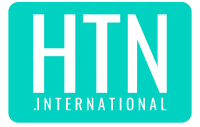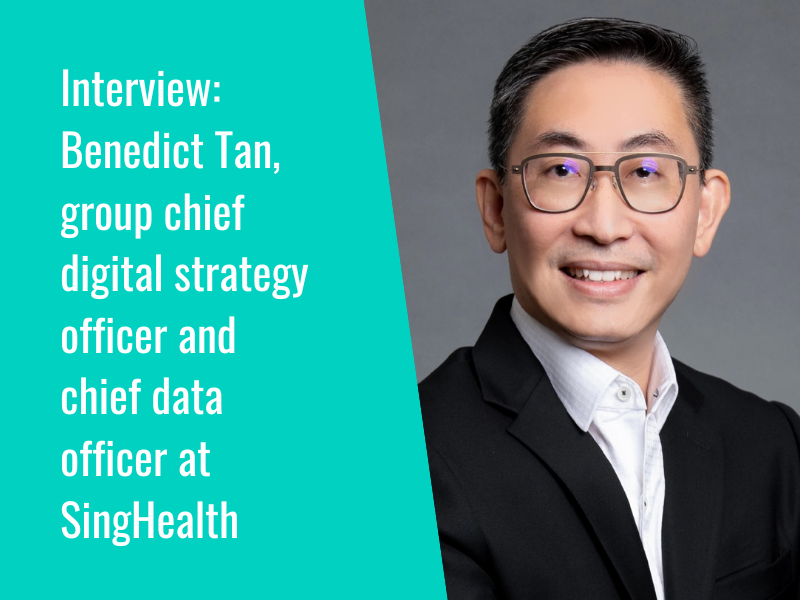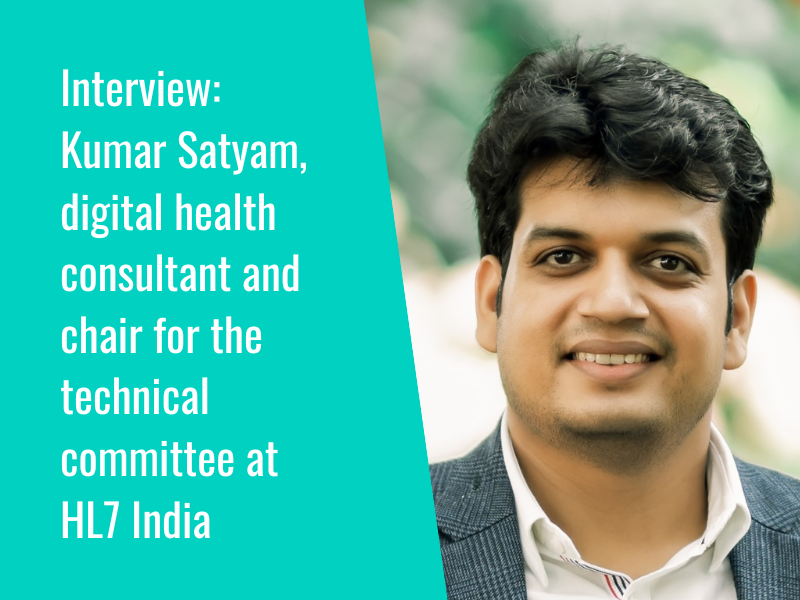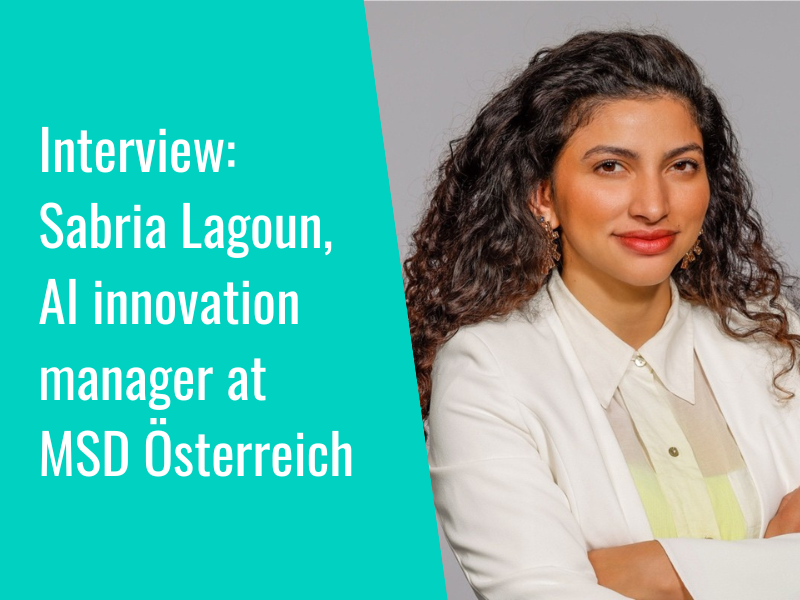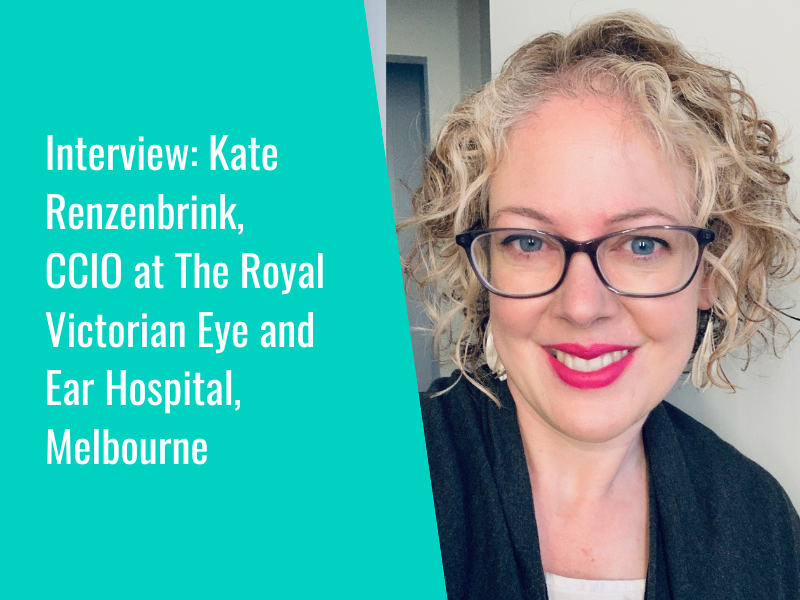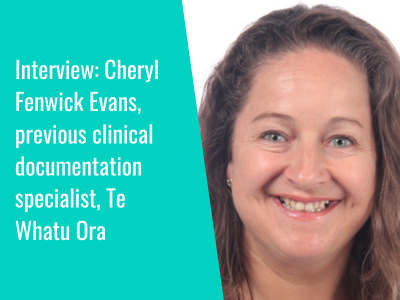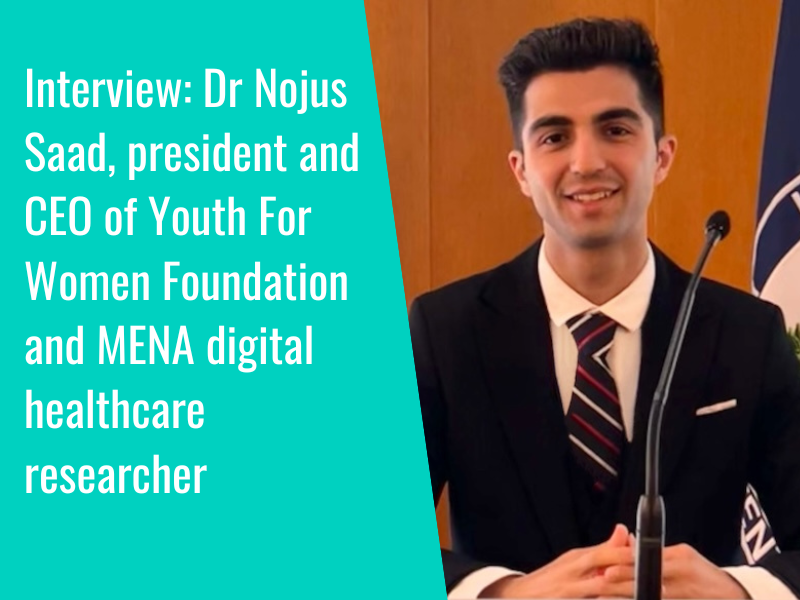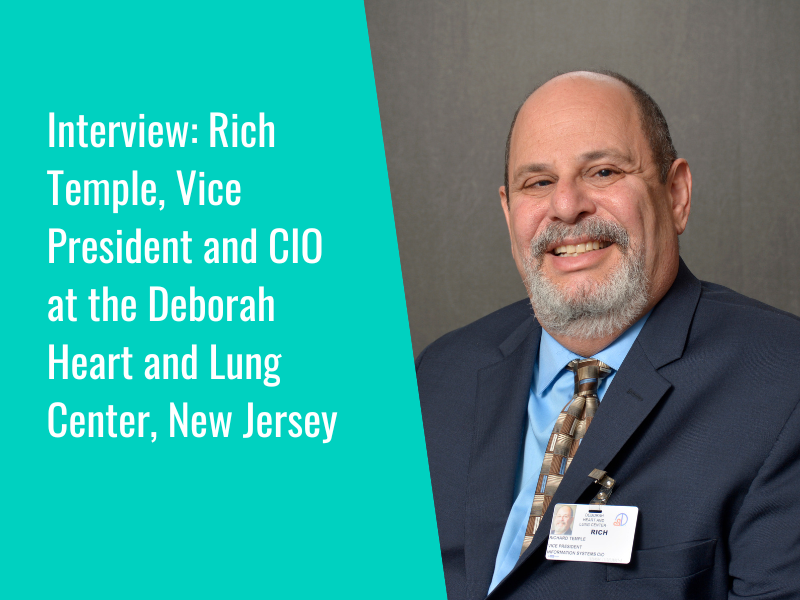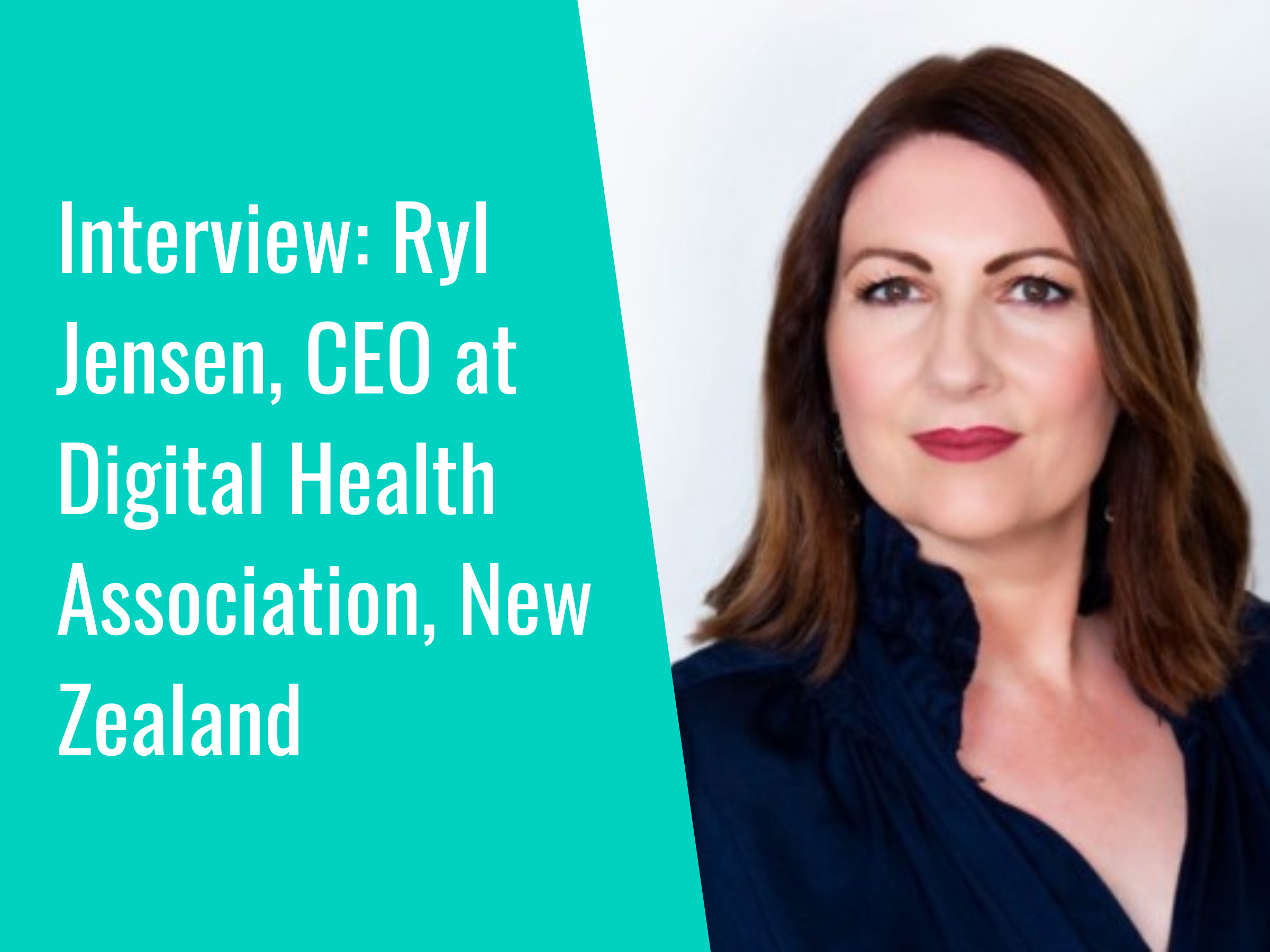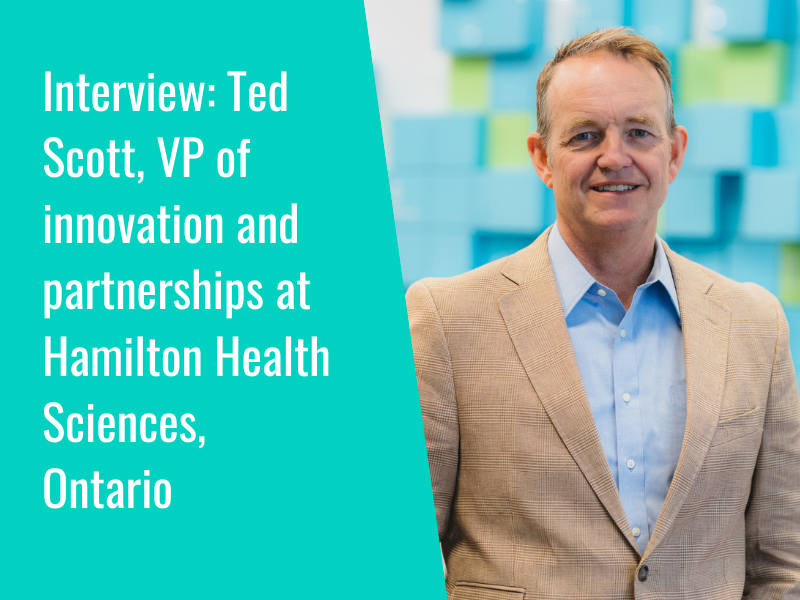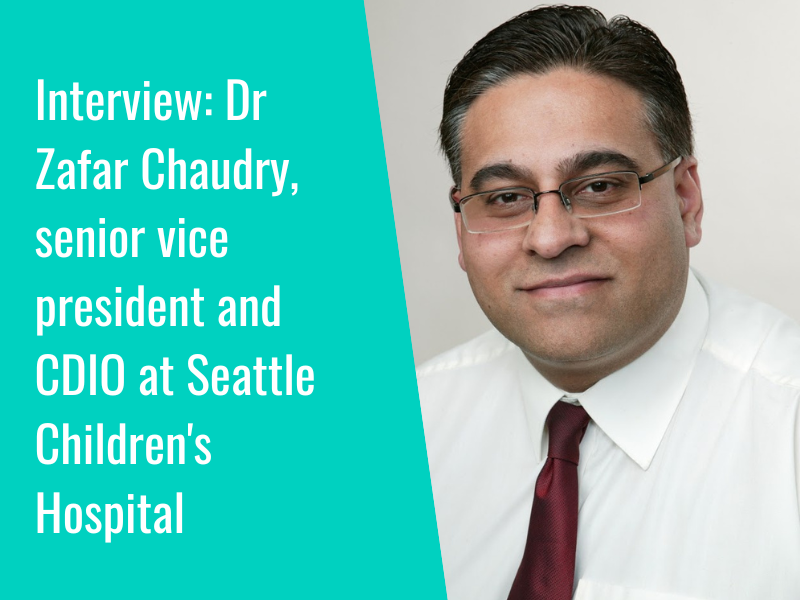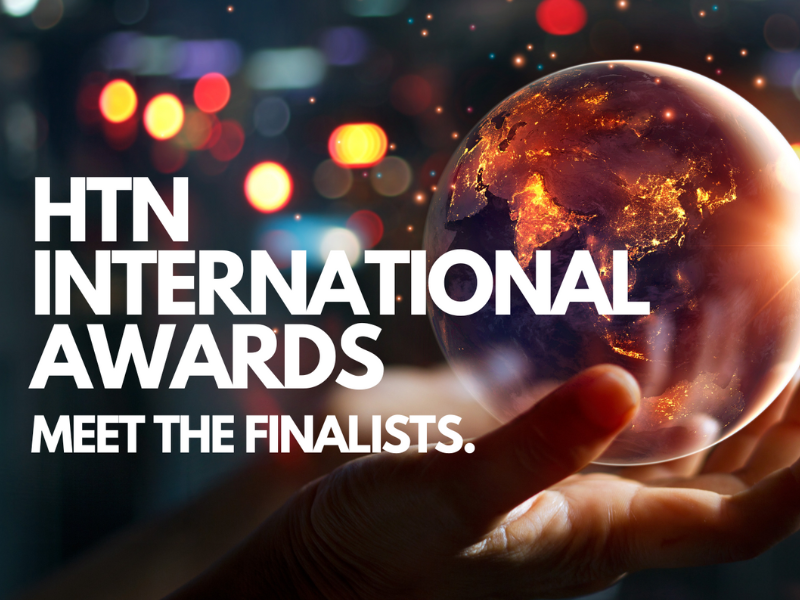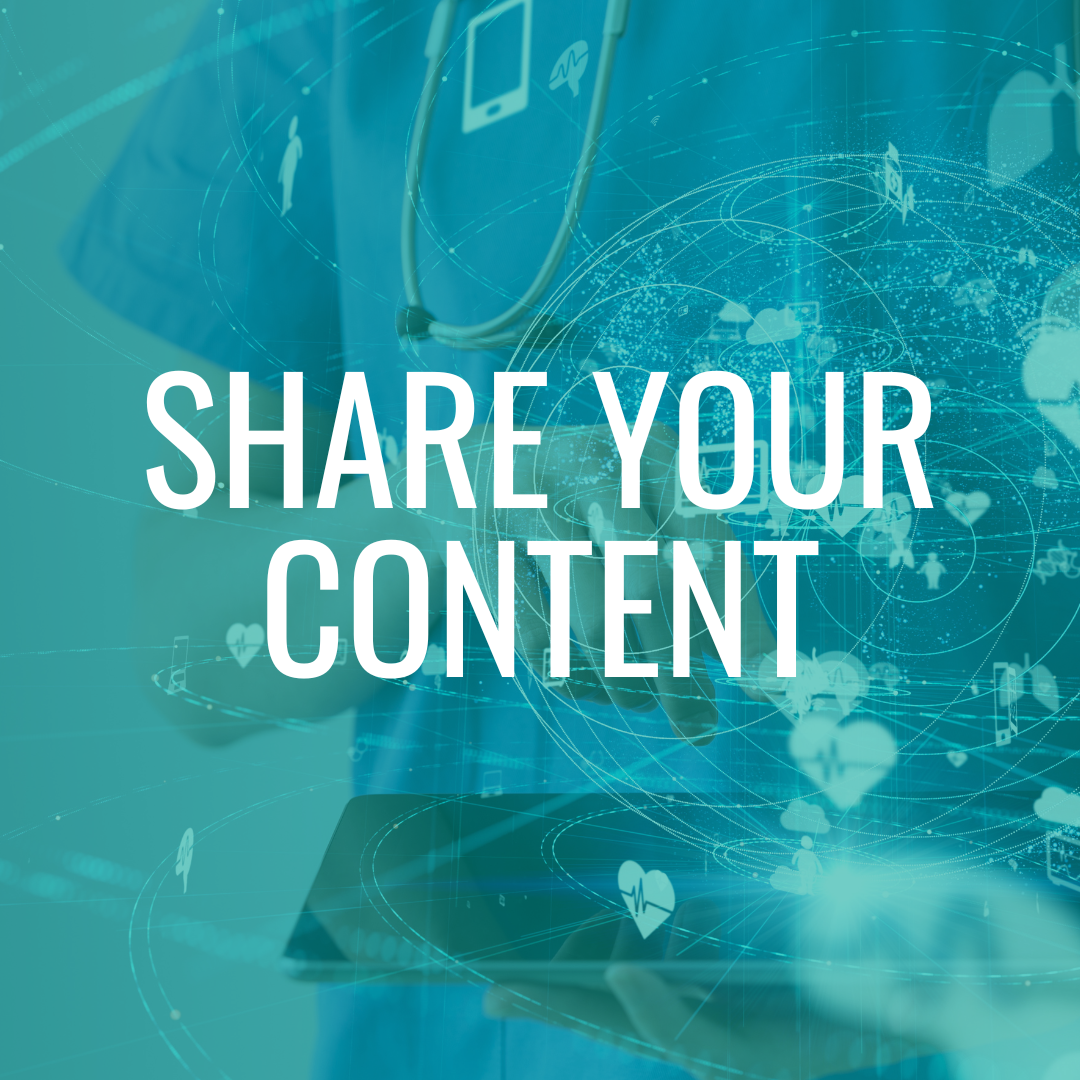During our time in Lisbon at Web Summit, we connected with Muhammad Javeed, CEO at Bitsol Technologies Global. Muhammad shared with us some insights into his company’s work and future directions.
Muhammad shared some insight into his role, background and the organisation, saying: “I’m originally from Pakistan, but recently moved to the US and am currently based in Texas. We are a group of companies which includes Bitsol Tech and Bitsol.AI. Bitsol Tech mainly works with start-ups as a technology partner, and we focus on the healthcare and education sector. Our work is quite varied; during COVID, for example, we worked in the Middle East with a company providing COVID management solutions for the government. With Bitsol.AI, on the other hand, we are mainly working in the medical field and we identify use cases which can be activated through AI.”
What was the story behind the founding of the companies? “I started back in 2015, and my goal back then was to help start-ups identify some of the reasons they were failing,” Muhammad shared. “I learned from my own experience of having a couple of start-ups that failed. We’ve worked with more than 100 start-ups to date, and many of them are doing great. One of the companies we’ve worked with offers technology designed to help deaf people to communicate; that is now being implemented in Denmark, often thought of as one of the leading countries in health tech.”
Health tech in practice
How is tech used for healthcare purposes at Bitsol Technologies Global?
“We are into lots of different things – mainly mobile development, web development and AI,” Muhammad explained. “On the AI side, we are usually working with a product that aims to solve a specific medical problem relating to medical document storage. Medical image storage is a big problem right now, because traditional compression doesn’t work without compromising the image. We are trying to solve this using the power of AI, so it can shave those images down by around 70 percent and then regenerate those images. We are working with a medical university in Malaysia, and we hope to succeed in helping them to store their images at a reduced size thanks to our technology.”
Hopes for the future
Looking to the future, we asked Muhammad where he saw his company being in the next five to 10 years.
“We want to revolutionise the medical field through AI,” he stated. “AI has the power to do so much – it can even diagnose diseases. So our goal for the next five years is to help medical universities through AI, so it can become a companion for the medical field. Think about a personal assistant helping doctors with each step they’re doing, like summarising the patient data and picking out the critical information. That’s the power of AI.”
On what Muhammad is excited about the future, he said: “I am excited about the app for deaf people, which is a start-up from Pakistan. The mission is to help deaf people communicate in ‘normal’ ways. We created an app which facilitated video calling and uses deep learning to convert sign language into voice and transfer it to the other person. They got selected for the Google start-up programme, they went to Singapore, then the Denmark government sponsored them, and they are now Denmark citizens based on their start-up.”
Health tech in Pakistan and the US
With experience from both Pakistan and the US, what are Muhammad’s thoughts on how the health tech landscape looks in each of those contexts?
“In Pakistan, I would say that it is not tech-heavy right now,” he considered, “but there are a lot of opportunities, especially with the size of the population and with around 60 percent of that population being under 30. We have a young population coming through so I think there is an openness to using tech. Also, there are a lot of health issues where technology can be used to solve those problems.”
As for the US, Muhammad acknowledged that there is “already an established tech community in health – but still, with AI, it can be made better.”
Thank you to Muhammad for sharing his insights.
- 1
- 2
